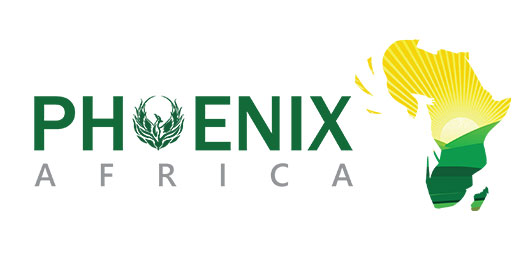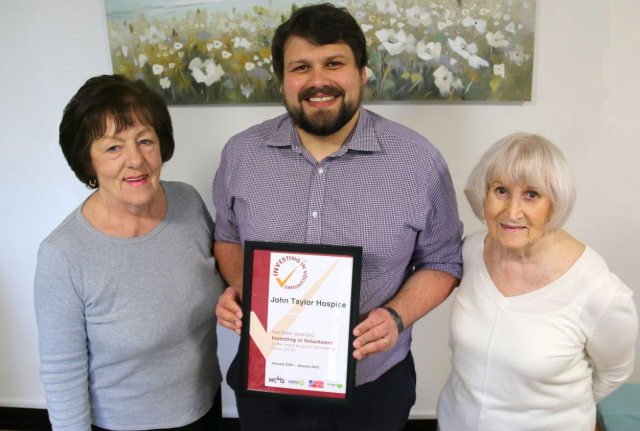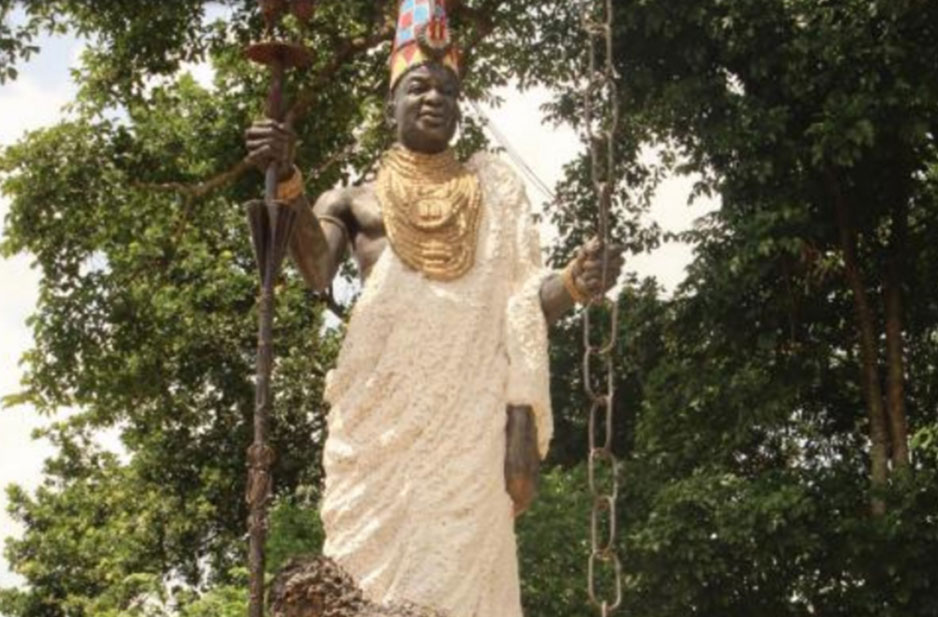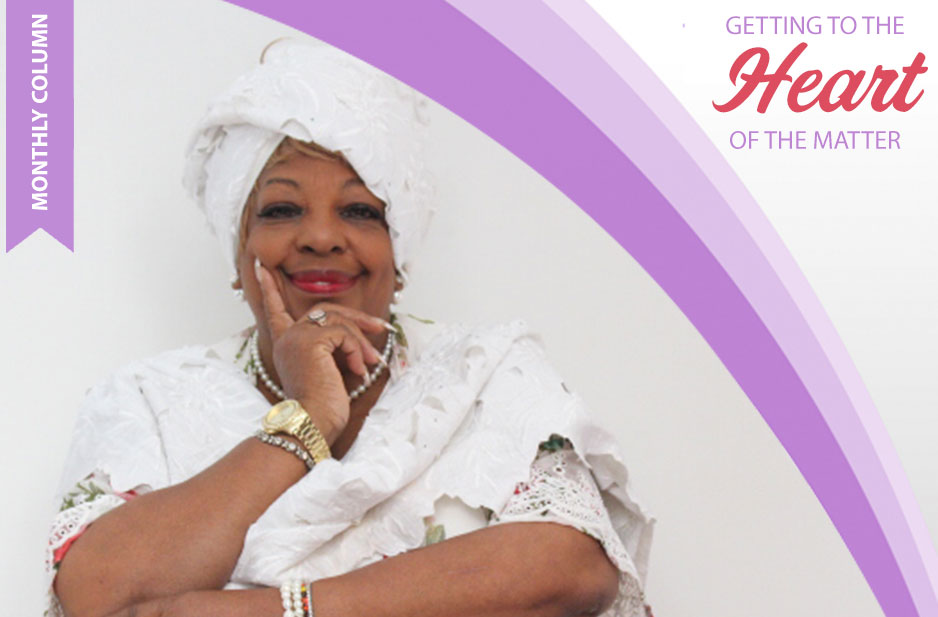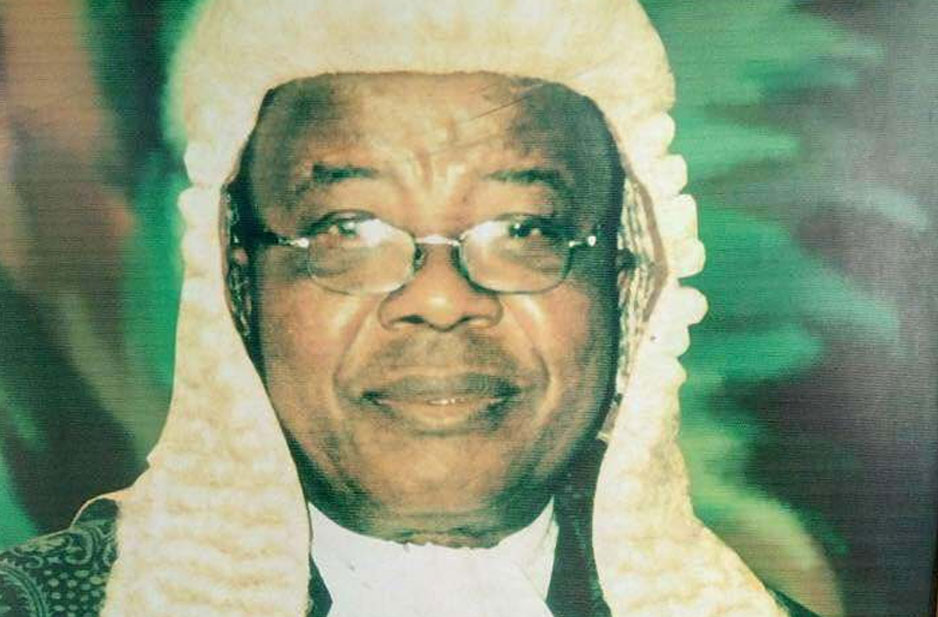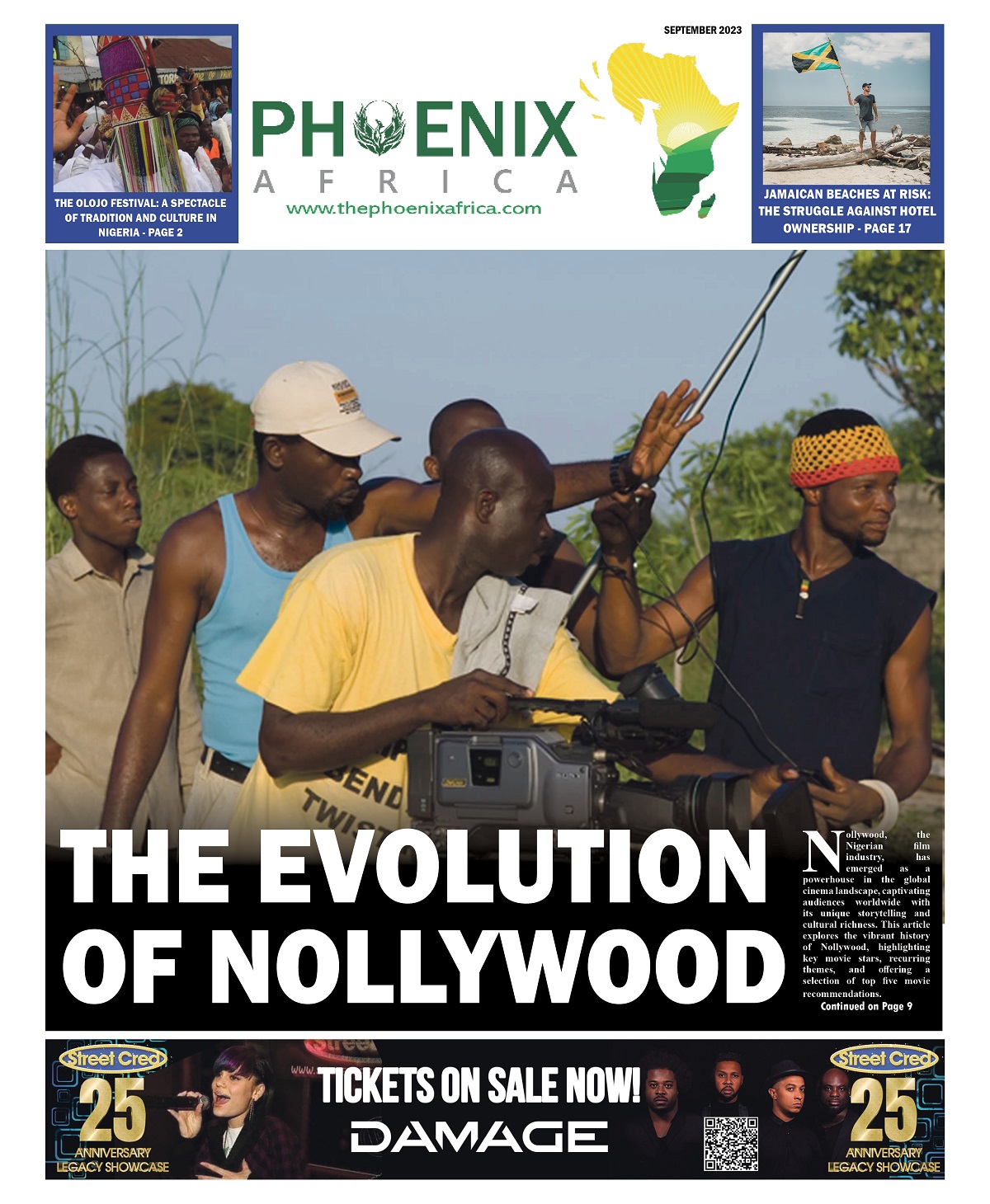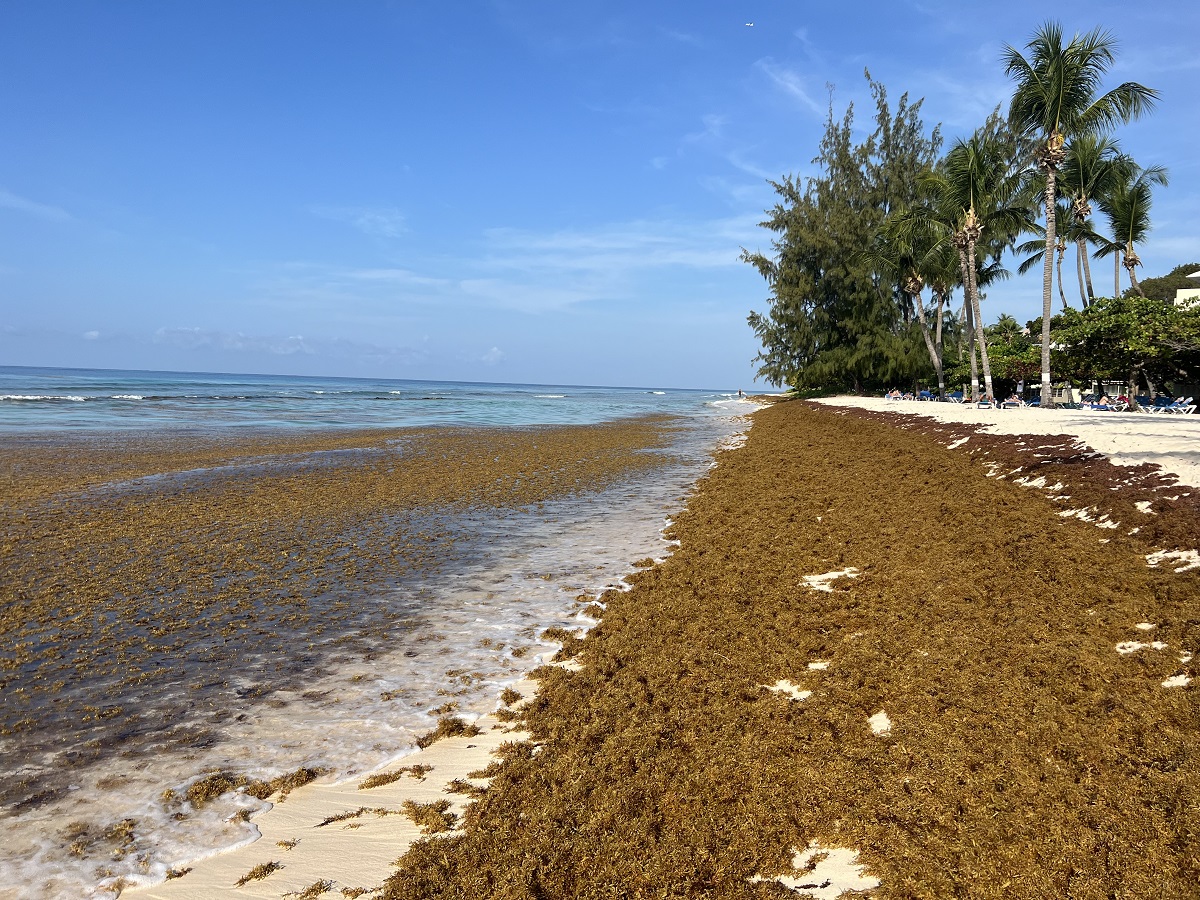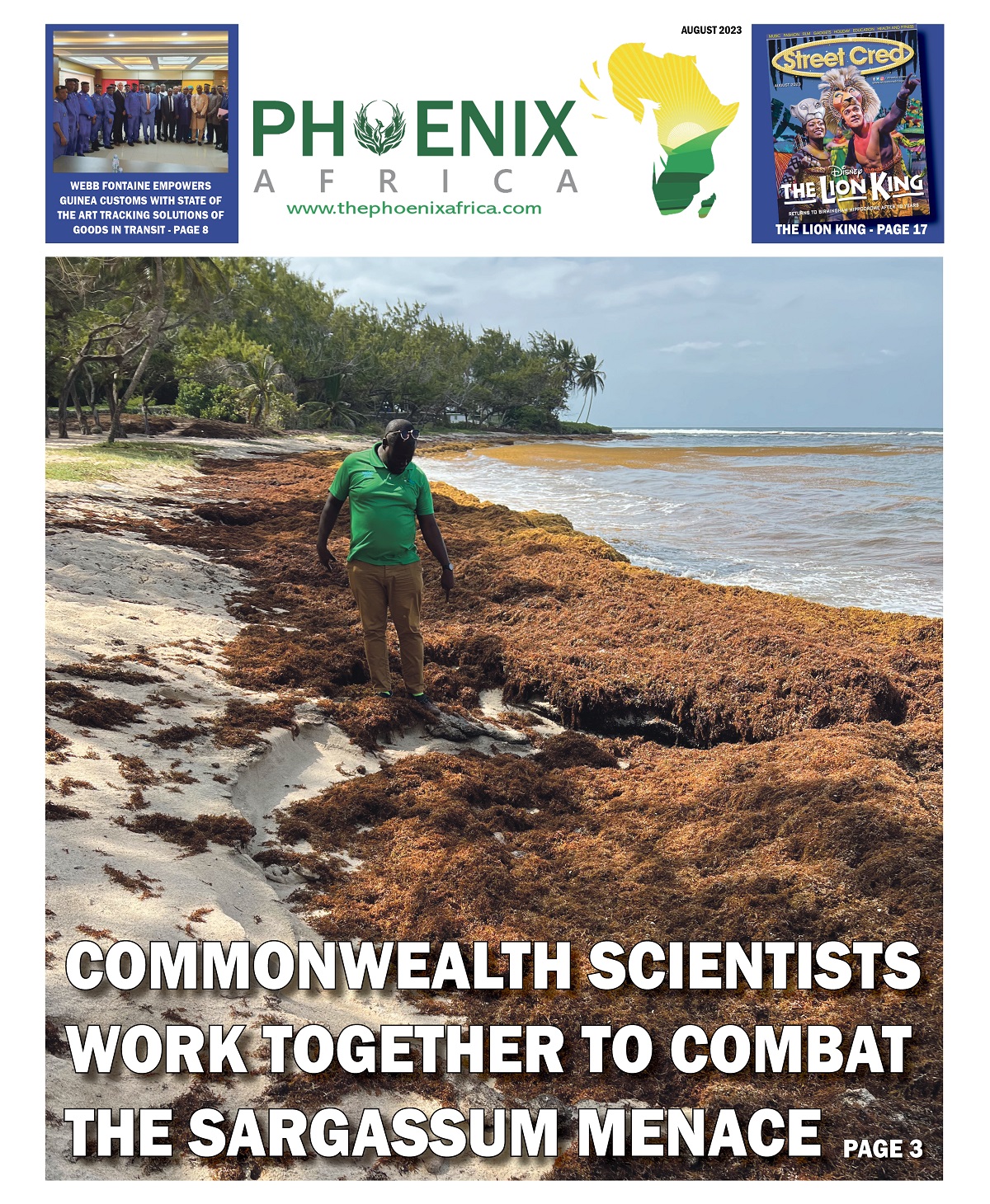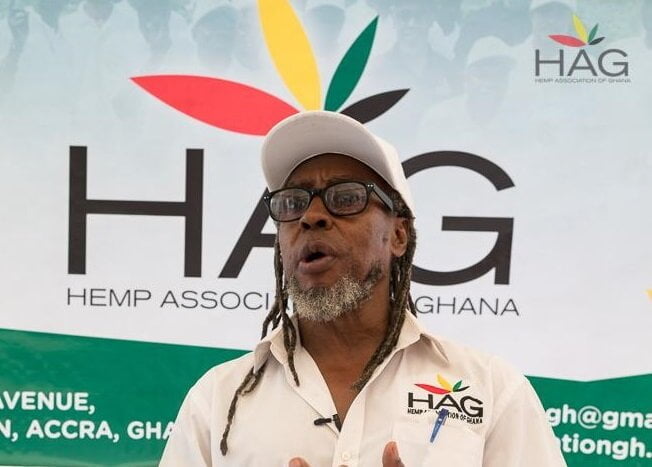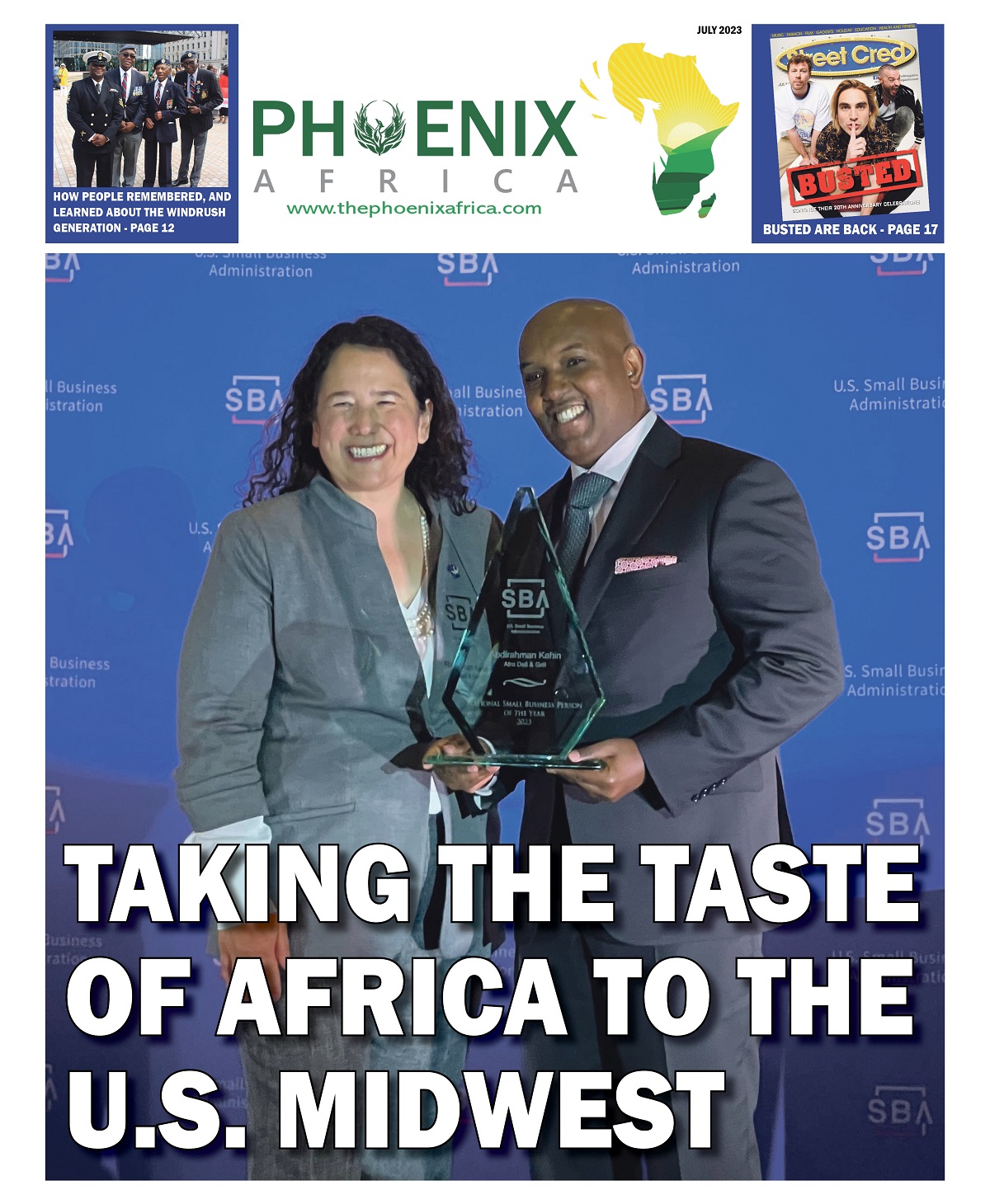This email address is being protected from spambots. You need JavaScript enabled to view it.
08067143624 / 08141862629
Ile-Ife is famous as the original home of the Yoruba speaking people of Nigeria, an important ethnic group on the face of African continent. In Africa, each ethnic group can be identified by its socio-cultural features that indicate the membership, status, and rank of an individual, family, or group within a community.
Among the Yoruba, for instance, every person belongs to a family group noted for specific roles of benefits or importance to the community. Some roles are political, economic, entertainment, military or diplomatic in nature. This family group is called Ebí (lineage). These features distinguish between Omo (true blood) and Ara (stranger or sojourner). As such, no one is Omo ale (a bastard) only that such person may not have traced their real home.
Royal institution is one of such family groups in Ile-Ife. This institution is revered and respected in Yorubaland so much that it defines class and status. Members usually observed certain behavioral attitude that keeps the pride of the institution. Princes and princesses in Ile-Ife are referred to as Sooko.
This practice is replicated in other towns of Yoruba land though with other nomenclatures according to individual indigenous custom. It is within this royal institution that the kingship exists to which Sooko is very important. As a matter of fact, every Oòni of Ife emerges from being a Sooko.
There are two hypotheses on the origin of Soòko. A school of thought suggests that the origin of Soòko relates closely to a title given to a particular Omooba (prince) of Ìjèsà stork whose mother was a princess of Ile-Ife. The story has it that soon after he was denied the right to the throne in Ilesa, he returned to Ife to meet his maternal grandfather who reigned as the Ooni at the time and as a way of compensation he was pronounced a crown prince called Sooko.
The Oòni was said to have given state recognition to the title with all paraphernalia of royalty. He moved around exercising authority just as his grandfather everywhere he went. From this period onward, the title became institutionalized and exclusive for members of the royal family.
The other school of thought suggests that at a point in the history of Ile-Ifè, there emerged the Lajamisan royal lineage that cut across all other previous families that had ever produced a ruler for the city. From this new royal lineage emerged both Lájòdókún and Láfogído whose generations have since being rotating the crown of Ile-Ife among them.
Interestingly, these families can be found in all of the five indigenous quarters of Ile-Ifè all sharing similar panegyrics of Jala/ Moso exclusive for royal families. This hypothesis on Soòko defines it as is a person of royal birth who is respected and honoured like their father- ‘asòro kò bí Omo oba’.
Every child with a royal ancestry in Ile-Ifè, male and female alike, share Soòko as prefix. The respect attached to the institution is so high that a member of each royal compound is selected to represent his clan in the council of Sooko put together to serve as official advisers of the Ooni.
In the indigenous administrative system of Ile-Ife every Soòko is exempted from the extant laws of the land since they are given similar reverence as being given the Oòni himself. In other words, questioning the deeds of the Soòko is synonymous to questioning the Oòni – an abomination.
On their own, a Sooko is usually careful about his behaviour in public and will not do anything that will put into question his royal status. Members of this institution also have retinue of attendants who are found wherever the Soòko is located. However, among these attendants is Lóòdókó, who acts as an aide-de camp to the Soòko just as a Sarun act same way to the Ooni.
Unlike a Sarun who comes from among the palace attendants, Loodoko is also a member of the royal family. Whenever a Sooko is arriving at an event, the Lóòdókó would wear a bell made of ide (brass) around their ankles and chime to announce the presence of the Soòko.
Perhaps to further indicate the cardinal nature of their place within the administrative structure of the town and probably, to periodically remind the public of the intermix of their position with that of the Oòni, the Soòko is the only group with certain paraphernalia constructed around certain ancient, sacred and royal materials in possession of the Oòni, some of which he periodically employs in reasserting the linkage between his position and his subjects.
A notable example of this is the ancient Are crown which the Ooni wears once in a year during the Olojo festival, a major event that brings the people of Yoruba land together in Ile-Ife. The Soòko in replica of the Ooni also use Ikori, a special headwear that looks like Are but less in decoration. Like the Are crown, ìkórí has bead fringes covering the face but at a much shorter length which symbolizes the royalty of the institution.
Although, Soòko is a cognomen for people with royal ancestry, becoming the titular Soòko of a lineage is not automatic. Apart from the Oòni-elect whose coronation rites mandatorily begin with an initiation into the Soòko conclave, every other Soòko nominee usually go through certain rigour.
Their investiture and initiation begins from the individual family compound wherein they are required to provide certain resources to the site of initiation. When this is done, he or she is said to have ‘di ìké’ (tied pouch) which a nominee will procure from Ejirin a groove at the outskirt of town.
Upon return from Ejirin to get materials for the pouch, he is to hold feast for one week during which a large number of people will come around to dine and wine at his expense. The meal to be prepared for the one week includes iyán (pounded yam), obè ègúsí (melon soup) and efòn (buffalo meat).
Over the years, the Soòko institution has recorded a number of changes. With the encroachment of the African territories and the satanic imposition of colonial rule, the Soòko institution has lost the privilege of immunity from the law which they once enjoyed. This is in the sense that, the idea that a Soòko could be arrested and charged to court for infringing on the rights of other may have contributed to the decline in which the Soòko wielded and used their power.
In addition, the requirement to have an absolute monarch in whom total colonial support would be invested led the colonialists to repress any group that could hold or implement any form of power to rival that of the king. This repression was further implemented through state recognition in the sense that while the Soòko were recognized as a part of the administrative system of Ile-Ifè, their position was largely ignored by the modern state system.
Rather, the gap-bridging position of the Soòko in the Ile-Ifè administrative structured rapidly dwindled such that in the latter part of the 20th century, it was said observed that the title became left mostly to the aged as opposed to young vibrant people who had hitherto occupied the position.
Despite these challenges, the 21st century recorded resurgence of and an attempt at re-positioning the Soòko. The reason for this resurgence is not particularly clear but one can attribute it to a shift in paradigm among the Ife and Yoruba at large that in recent times appeared to have revive some of their cultural practices.
It could also be attributed to the Oòni who has embarked on a renaissance policy for the Ife socio-cultural practices. Be that as it may, the Soòko today appears to be resurging in the sense that, many royal houses who had their Soòko titles unoccupied for years have been filled up by vibrant professionals from all walks of life, a reflection of Soòko from the past.
Despite this renaissance of the Soòko in Ife, the changes that have so far been implemented can be said to have been a clear break with the past. Available records indicate that the many of the religious, cultural and social practices associated with the investiture and initiation of the Soòko have been either altered or removed.
For instance, the òké didi has been transmuted to cash; the one week long festivity has been compressed to a three-day event that concerns the Soòko council and the concerned lineages; the spiritual underpinnings of the initiation of the Soòko which was said to closely relate to Òrìsà worship is no longer pronounced.
These changes nonetheless appear not to have had an impact on the place of the Soòko in the administrative system of Ile-Ifè. Today, many Soòko contribute to the growth and development of the town within the bounds of their profession and economic stature. Apart from this, they are duty bound to with an avowed resolution to support every incumbent Oòni to succeed at all times.
Other roles of the Soòko today, include but not limited to advising the Oòni from time to time; protect the interest of the royal household; ensure the pursuant of due process in the selection of new Oòni; give leadership at the compound and quarter levels, and serve as custodians of royal and community history, culture, and tradition.
The Soòko institution appears to have recorded some successes, it has somewhat resurged, regrouped and rebirthed in such a way that its present state cannot be separated from its past and also its future. The council of Soòko has so far been able to repopulate its rank and as such, no house is left without representation.
It can be adduced that, a closer look at this repopulation goes to indicate that the council is setting standards as to the requisite demanded from prospective members and this consequently goes to have an effect on repositioning the Soòko for the future.
And with the groundwork being put in place today by the Soòko, there is a clear indicator that their position in the Ife socio-political system which seemed to have been displaced as a result of colonialism may become renegotiated for re-instatement overtime.
Regardless of the changes Sooko institution remains very important in the socio-political and economic spheres of Ile-Ife. Sooko institution remains the closest institution to the Ooni as both are of the same blood.
